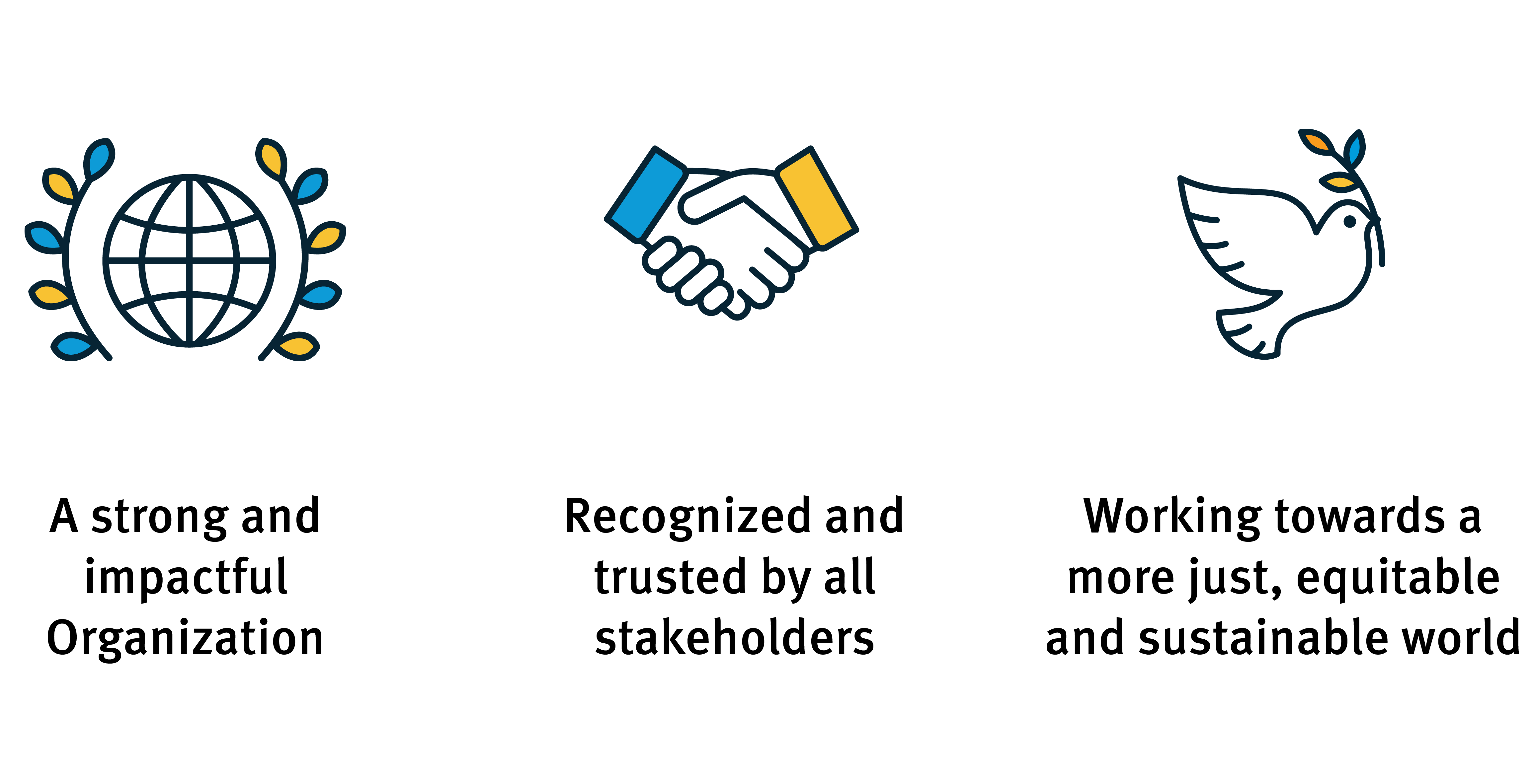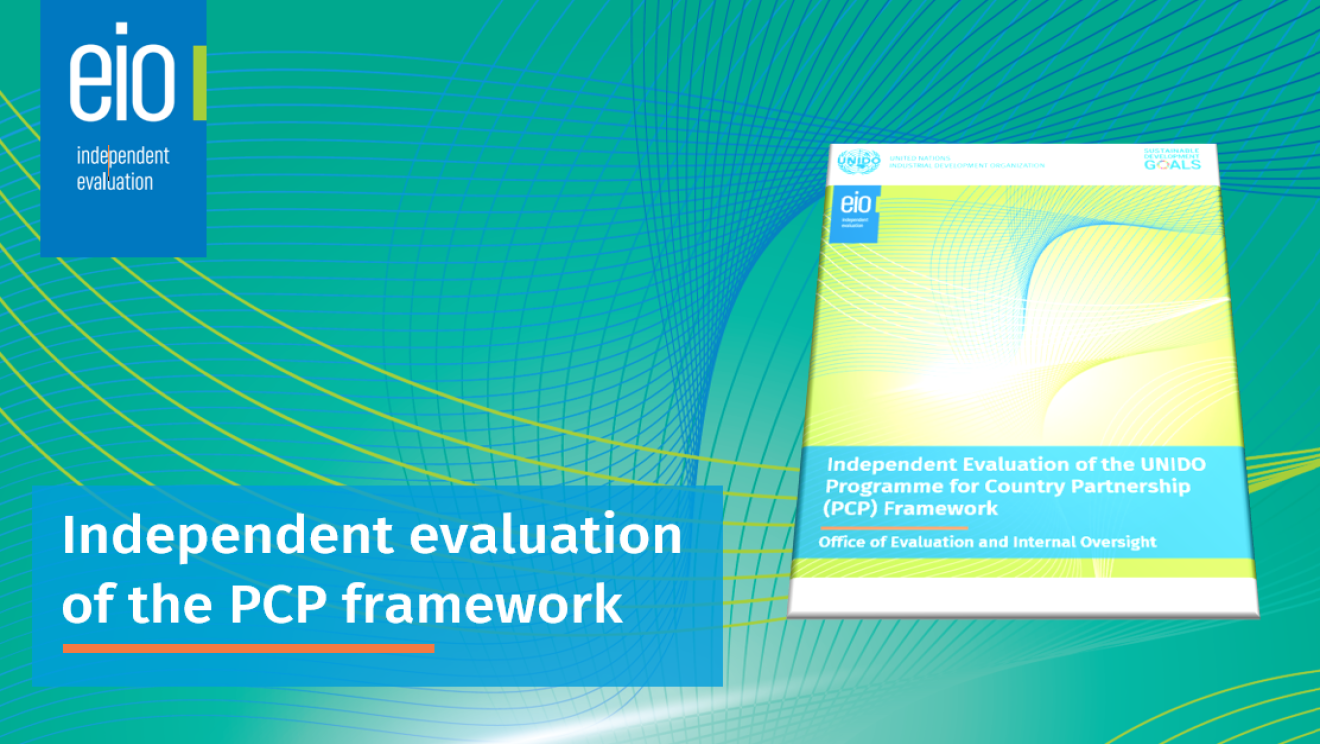
Evaluation and internal oversight
Functions
Several questions revolve around the role and functions of the Office of Evaluation and Internal Oversight (EIO) and the purpose of our work.
- What is oversight in UNIDO?
- What are its various functions?
- Why are they important?
- How does oversight provide assurance to internal and external stakeholders?
Through evaluation, internal audit, and investigation, we learn and progress, and we enhance the trust and confidence of our partners in the work of UNIDO. Our aim is to support and work with you throughout our shared journey of steady improvement and transformation towards a more effective and impactful Organization.
The Office of Evaluation and Internal Oversight (EIO) is governed by the EIO Charter, as well as the Evaluation, Internal Audit, and Investigation policies. The EIO enjoys operational independence when performing its evaluation and internal oversight functions. The Office reports to the Director General and the Industrial Development Board.

Our mission
Provide top-class oversight assessment and assurance services to enhance the efficiency and effectiveness of UNIDO, and to contribute to inclusive and sustainable industrial development and the 2030 Agenda for Sustainable Development.
Our key principles

Our strategy
The EIO Strategy 2025-2029 is a key management and accountability framework to establish where we are and to define where we see ourselves in the mid- and long-term. It has two strategic objectives:
- Increased effectiveness of EIO functions. Demonstrated added value to UNIDO
- Sustained high-quality of EIO processes and products.
The Independent Oversight Advisory Committee
EIO is the Secretariat for the Independent Oversight Advisory Committee (OAC), which was established pursuant to Rule 63 of the Rules of Procedure of the Industrial Development Board to advise the Board and the Director General on issues related to:
- Financial regulations and rules, accounting policies, as well as financial reports;
- Governance, internal controls, compliance and risk management;
- Evaluation function;
- Internal audit function;
- Investigation function, limited to investigation policy, standards, and operational arrangements, without accessing any information on individual cases;
- External audit;
- Actions taken by management and legislative bodies to address JIU recommendations.





